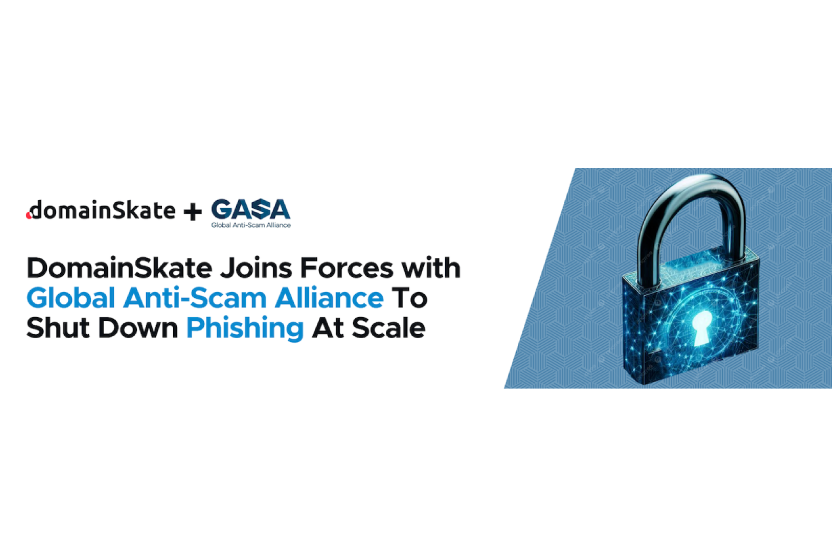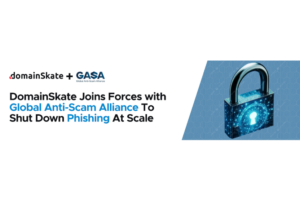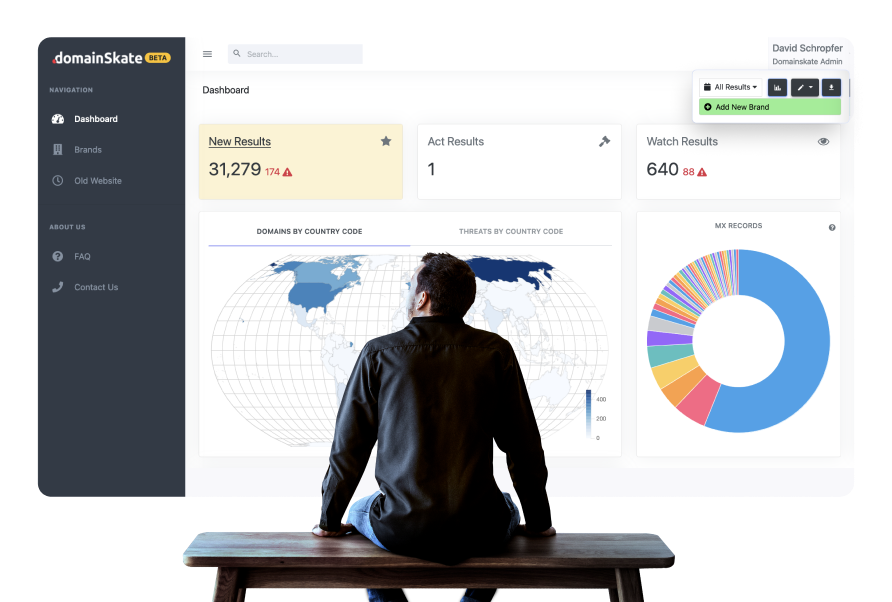E-commerce platforms have relied on a 2010 Second Circuit decision to insulate them from liability for the sale of counterfeit products by third parties on their sites. In that case, Tiffany (NJ) Inc. v. eBay Inc., 600 F.3d 93, 106 (2d Cir. 2010), the Court held that a platform is only liable for a third party’s actions if it intentionally induced it to infringe or continued to supply platform services to a party that it had reason to know was engaging in trademark infringement.
However, a 2020 report by the Department of Homeland Security and the NY Times which outlined the huge increase in fake products on E-commerce platforms, and potential threat to consumers, supply chains, and national security, led many lawmakers to start drafting legislation to deal with this problem. The NY Times article noted:
“[a] major Wall Street Journal investigation recently revealed that Amazon has listed ‘thousands of banned, unsafe, or mislabeled products,’ from dangerous children’s products to electronics with fake certifications. […] even Amazon’s listings for its own line of goods are ‘getting hijacked by impostor sellers.’ CNBC found that Amazon has shipped expired foods—including baby formula—to customers, pointing to an inability to monitor something as basic as an expiration date.” (emphasis added)
NY Times, Wirecutter – February 11, 2020.
Two bills in particular are still sputtering through Congress. One of them is the SHOP SAFE ACT which was passed by the House of Representatives. Critics of the SHOP SAFE ACT argue that the law would be a disaster for small and medium sized businesses, and entrench the largest online retailers in their already dominant position, reduce competition, and harm consumers. The bill would require e-commerce platforms to adopt a laundry list of “best practices” to avoid contributory liability under the Lanham Act.
The other is the INFORM Consumers Act which would broadly require online marketplaces to collect, verify, and disclose certain information regarding high-volume third party sellers of consumer products to inform consumers. The main criticism of this bill is that it doesn’t seem to have any teeth or framework to prevent counterfeits from landing at consumers homes.
Over the next few months the fight over these bills will surely intensify. Earlier today the Coalition to Protect America’s Small Sellers (PASS) sent a letter to Congress expressing its concern over a set of China competition bills that it said will “harm consumers, disadvantage medium and smaller-sized businesses, and disrupt thousands of legitimate websites” by including language from the SHOP SAFE ACT.





